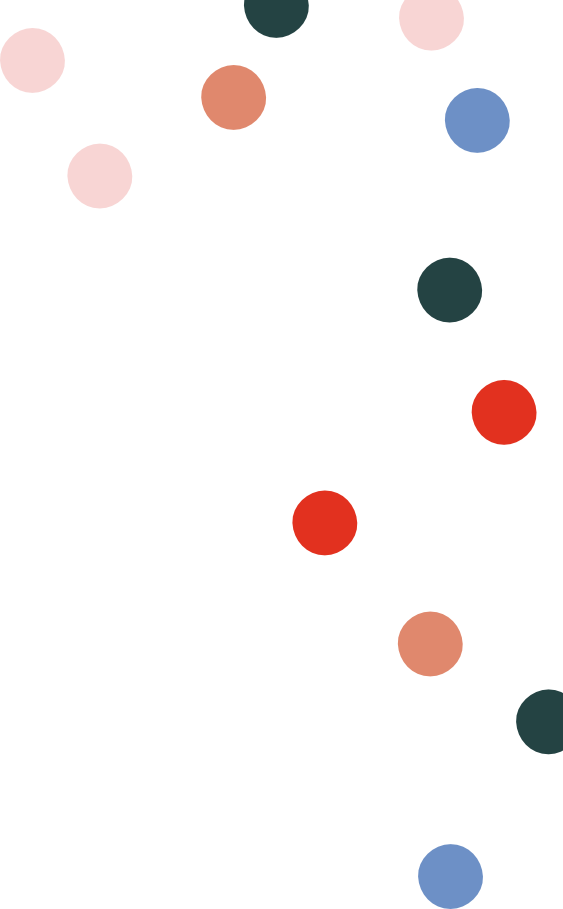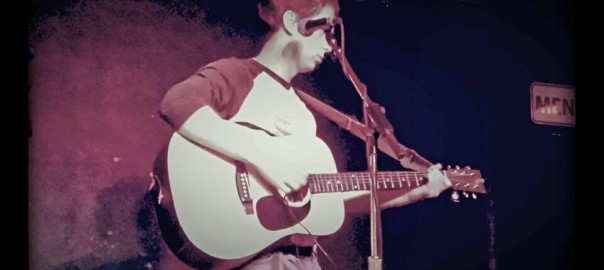Alex Skousen’s album To Nebraska And The Great Empty West is a mix of tender, wavering vocals; heartfelt lyrics; and tentative acoustic melodies.
According to the artist’s Facebook page, his inspirations include The Clash and Brand New, and his Soundcloud tags include Bright Eyes. The influences are hard to miss. The album opener, “Tinfoil Hat,” seems to reference a line from Bright Eyes’ “Landlocked Blues” (Skousen sings, “There’s a war on television, packaged nice and neat;” Bright Eyes mentions “a televised war”), and the homespun vocals express a disillusionment at over-publicized armed conflicts in the same honest way. Another line in the song–“And you told me revolution just wasn’t meant to be”–and a line in the seventh and final song on the album, “Red Giant,” (“Now it seems that no one’s really left, and all our ideals were just pretend”) lend the album a sense of disenfranchised politics, another nod at Skousen’s more punk-geared influences, and a foothold for the album’s capacity to evoke thoughts of Rise Against and Bad Religion, despite being a collection of purely acoustic tracks.
The vocals reach the peaks and valleys between passionate and put-on, but never come across as forced. Points of success occur in the chorus of “Settle/Gone,” the end of “Red Giant,” and parts of “Love Song #1” (which feels like Bright Eyes again, with its almost childlike vulnerability recalling “The First Day of My Life”); and then there are areas where the words come off as less impassioned and more produced, like parts of “Southern Luck” and “Ugly.”
But the good outweighs the bad by far–a dichotomy seen in the real world that the album seems to explore. Throughout the tracks, there’s a subtle sadness, but then there are points where hope weaves back into the lyrics, like the line in “Ugly”: “We’re all heartaches, shipwrecks, and starless skies, and open roads to leave behind.”
It doesn’t feel wrong to say that the sequencing of the tracks works to the benefit of To Nebraska And The Great Empty West. “Tinfoil Hat” gives us an honest feel of the album, and through his bashful lyrics and his second track (“To Ernest, You Monster”), Skousen does the first half of the album’s title justice–the songs have an epistolary feel. With “Southern Luck,” we’re propelled into Skousen’s repertoire at a rabbit’s pace: appropriately, considering the song’s references to “lucky” rabbits’ feet. In “Settle/Gone” we start to understand how “The Great Empty West” feels. The mood downshifts, and a self-effacing, matured brand of angst draws us to challenge the change of pace. “Ugly” maintains the mood and compels nostalgia with its 90s soft rock ballad feel, and evokes the vast highways of the Wild West with its talk of stretching, open roads. In “Love Song #1,” Skousen breathes a hopeful confession and brings us into a comfortable frame, as he moves out of the emptiness of the west and into deep space in “Red Giant,” opening the road for him and the listener to travel together, rather than closing the door on a refreshing collection of tracks. To Nebraska And The Great Empty West gets 4 out of 5 stars.



